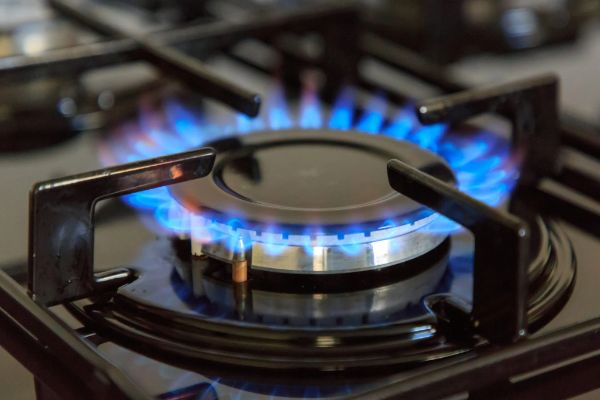Gas ranges have long been a staple in kitchens around the world, providing reliable cooking performance and versatility. However, when investing in a gas range, it’s crucial to understand its lifespan to make an informed decision.
In this blog post, we will delve into the factors that influence the longevity of a gas range and provide essential tips to ensure its durability.

Table of Contents
Understanding the Lifespan of Gas Ranges
Gas ranges are complex appliances that consist of various components working together to provide heat for cooking. Several factors can affect the lifespan of a gas range, including quality, usage patterns, maintenance, and environmental conditions.
Quality of the Gas Range
The quality of a gas range plays a significant role in determining its lifespan. Higher-quality models often feature superior craftsmanship, robust materials, and advanced technology, resulting in increased durability. Opting for reputable brands known for their reliable appliances can enhance the longevity of your gas range.
Frequency and Intensity of Use
The lifespan of a gas range is influenced by how frequently and intensively it is used. In a residential setting, a gas range typically sees less demanding use compared to commercial kitchens. If you frequently cook large meals or own a bustling restaurant, consider investing in a commercial-grade gas range built to withstand heavy-duty usage.
Maintenance and Care
Proper maintenance and care are vital for extending the lifespan of your gas range. Here are essential maintenance tips to keep in mind:
- Regular Cleaning: Clean your gas range regularly to prevent the accumulation of grease, food particles, and spills. Clean the burners, grates, and oven using mild detergents and non-abrasive cleaning tools. Avoid using harsh chemicals that could damage the range’s components.
- Burner Maintenance: Keep the gas burner ports clean and free from debris to ensure optimal gas flow and efficient flame distribution. If the burner flames are uneven or yellow instead of blue, it may indicate a clogged burner or airflow issue that requires attention.
- Oven Calibration: Periodically check and calibrate the oven temperature to ensure accurate cooking results. An oven that consistently heats to the desired temperature will minimize strain on the range and promote its longevity.
Environmental Factors
Environmental conditions can impact the lifespan of a gas range. Factors such as humidity, extreme temperatures, and exposure to corrosive substances can contribute to premature wear and damage. Install your gas range in a well-ventilated area and away from direct sunlight, heat sources, or corrosive chemicals to enhance its durability.
Professional Servicing and Repairs
Gas ranges may occasionally require professional servicing or repairs to address issues promptly and prevent further damage. Regularly inspect your gas range for any signs of malfunction, gas leaks, or unusual noises. If you notice any problems, contact a qualified technician to diagnose and resolve the issue professionally.
Conclusion
While the lifespan of a gas range can vary based on factors such as quality, usage patterns, maintenance, and environmental conditions, a well-maintained gas range can serve you for many years.
By investing in a high-quality range, following recommended maintenance practices, and addressing repairs promptly, you can maximize the lifespan of your gas range and enjoy its benefits over an extended period. Remember to consult the manufacturer’s guidelines and seek professional assistance when needed to ensure optimal performance and safety throughout its lifespan.
